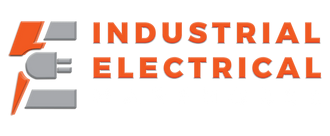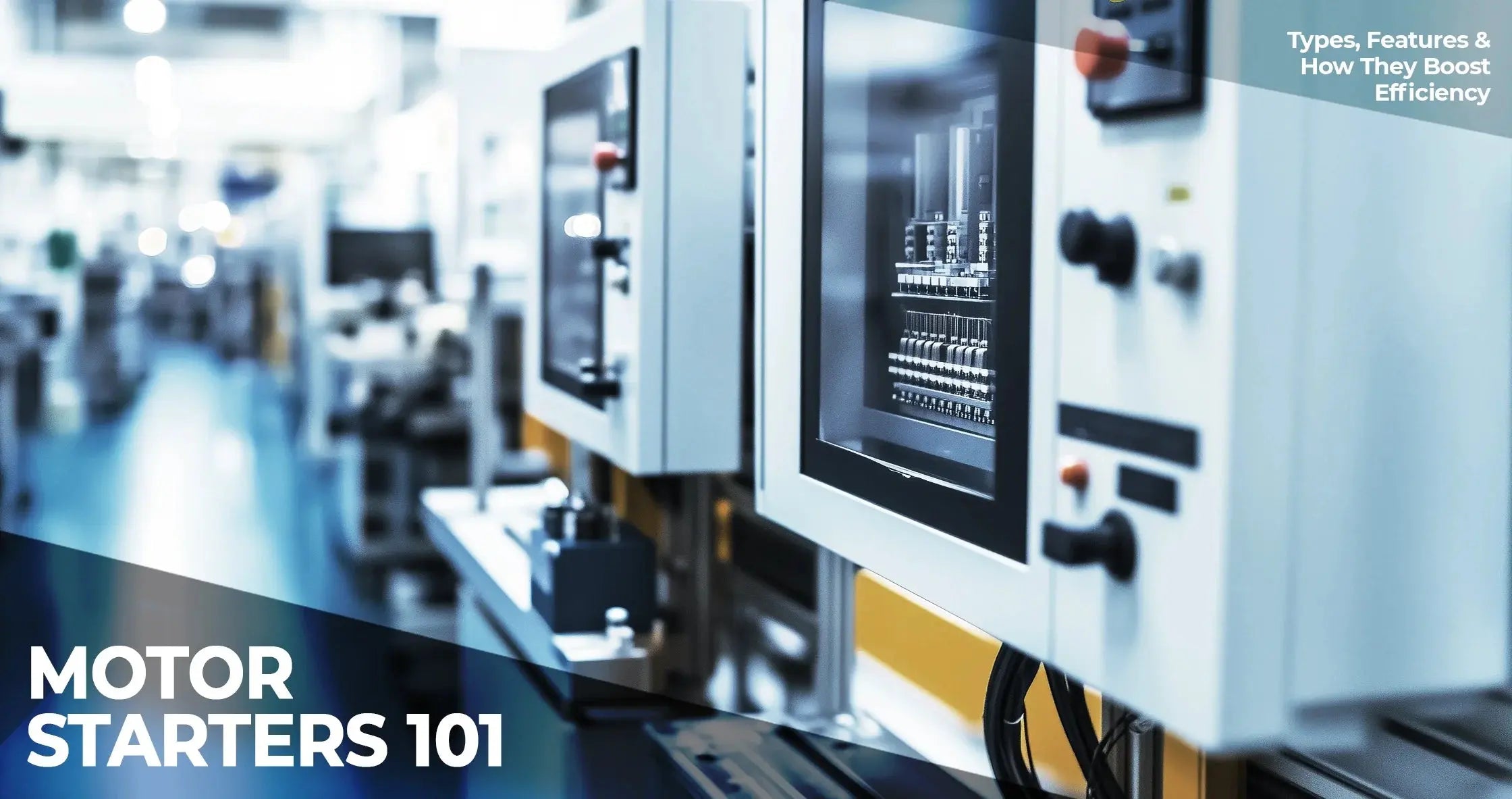Motor starter is a crucial component in electrical systems, enabling safe and efficient functioning of electric motors. These devices control the starting and stopping processes, provide overload protection, and manage the inrush current when motors are turned on. Understanding motor starters helps industries maintain productivity and enhance the reliability of their machinery.
What Are Motor Starters?
Definition and Purpose
A motor starter is an electrical device designed specifically to initiate and stop the operation of electric motors while protecting them against various electrical issues. Without motor starters, motors would be exposed to high inrush currents that could lead to damage or operational failure.
Key Functions of Motor Starters
Motor starters serve multiple purposes:
- They safely control the startup and shutdown of a motor.
- They protect the motor from overload and overheating.
- They help to automate processes and manage motor operations remotely.
Types of Motor Starters
Direct-On-Line (DOL) Starters
Direct-on-line (DOL) starters are among the simplest types of motor starters. They connect the motor directly to the power source, allowing full voltage to flow immediately upon starting. While effective for small motors, DOL starters can generate a large inrush current, which can be problematic for larger or sensitive equipment.
Reduced-Voltage Starters
Reduced-voltage starters, such as Star-Delta and Autotransformer starters, gradually increase voltage during startup. This approach minimizes mechanical stress and electricity spikes associated with full-voltage applications, making them suitable for medium to large motors.
Soft Starters
Soft starters provide a highly controlled startup sequence by gradually increasing the voltage supplied to the motor. This process reduces stress on both the motor and the electrical system, extending equipment life and enhancing efficiency.
Motor Starter Components
Contactors
Contactors are essential components of motor starters that serve as electromechanical switches. They are responsible for making or breaking the electrical connection to the motor, allowing for safe operation.
Overload Relays
Overload relays monitor the current flowing to the motor and can interrupt the power supply in case of overcurrent conditions. This protective function is vital for preventing motor damage during unusual operating conditions.
How Motor Starters Enhance Efficiency
Protection Against Electrical Surge
By controlling the inrush current and providing overload protection, motor starters play a pivotal role in safeguarding equipment. Without them, motors are at greater risk of damage due to excessive current levels during startup.
Automation Support
Modern motor starters often include features that facilitate automation, allowing motors to be remotely controlled. This capability reduces manual intervention, optimizing operational efficiency and minimizing downtime.
Cost Considerations
Starter Motor Price
The price of starter motors varies significantly based on type and application. DOL starters tend to be more affordable, while advanced options like soft starters or VFDs come at a higher cost due to their sophisticated features.
Choosing the Right Starter
When selecting a motor starter, consider factors like motor size, type of electrical load, and operational demands. Options from reputable manufacturers like Sprecher + Schuh offer reliability and performance tailored to various needs.
Conclusion
Motor starters are integral components that ensure electric motors function efficiently and safely. By understanding their types, components, and the advantages they provide, industries can significantly enhance productivity and protect valuable equipment. For tailored solutions, explore offerings from manufacturers like Sprecher + Schuh that meet diverse electrical control needs.
Frequently Asked Questions (FAQ)
What types of motor starters are available?
Motor starters come in various types, including Direct-on-Line (DOL), Star-Delta, Autotransformer, and Soft starters. Each type is suited for specific applications and motor sizes.
How do motor starters protect motors?
Motor starters protect motors by managing inrush currents at startup and providing overload protection through components like overload relays. This prevents potential damage from electrical spikes.
Can I choose a motor starter based on cost?
Yes, when selecting a motor starter, consider both performance needs and budget. While more advanced starters may be pricier, they often provide enhanced protection and efficiency.
Where can I find reliable motor starters?
Reputable brands like Sprecher + Schuh offer a range of motor starters designed for various industrial applications. Always ensure you choose a starter that meets your specific needs.



